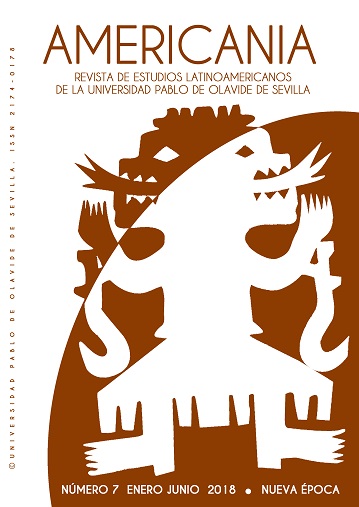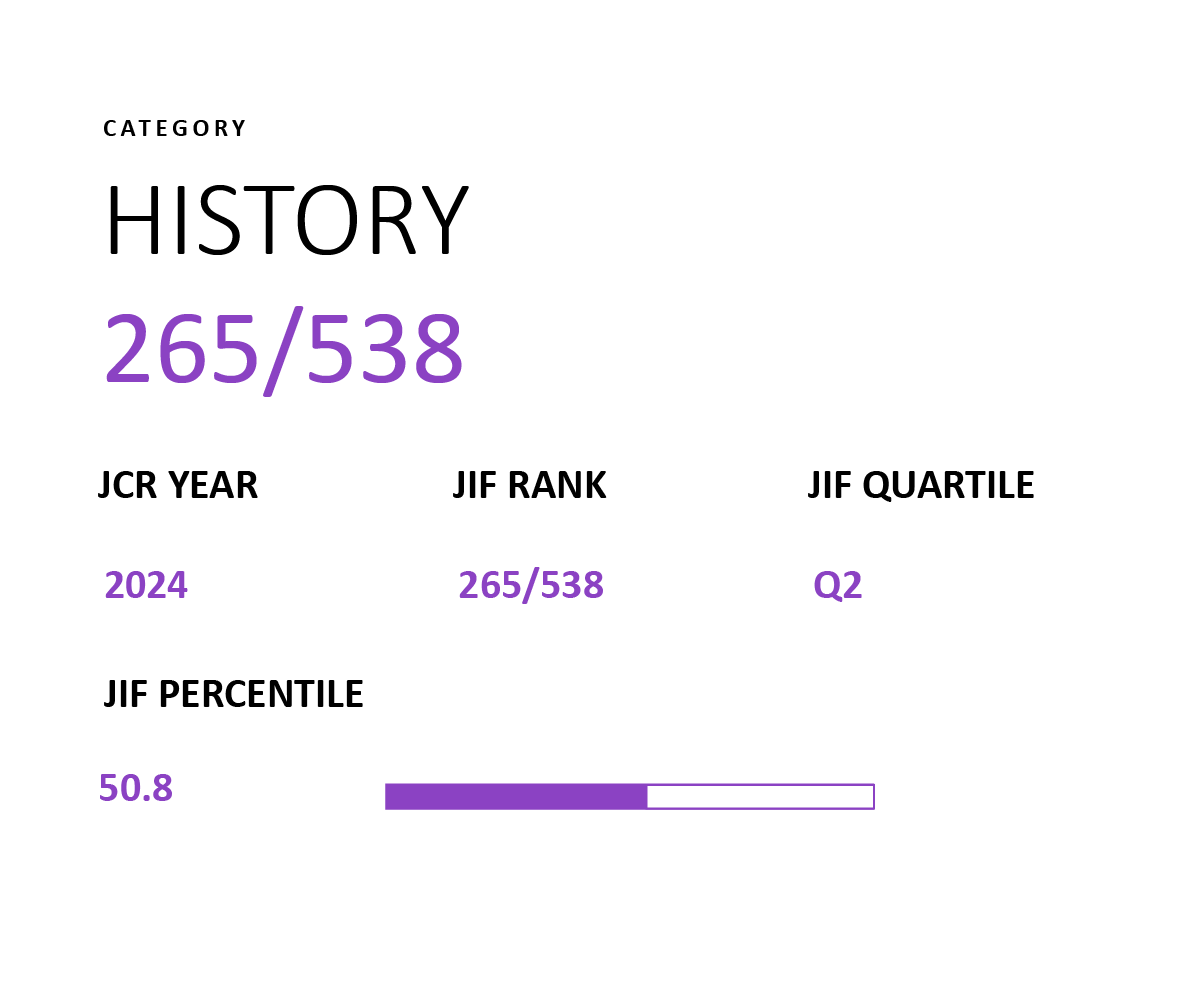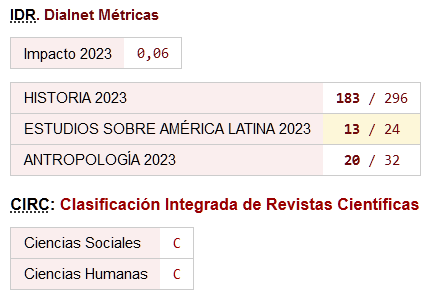El Telégrafo de Guayaquil y los hechos del 15 de noviembre de 1922: La Prensa como Actor Político en Ecuador
Palabras clave:
Historia, Periodismo, Prensa, Movimiento Obrero, EcuadorResumen
Este artículo aborda el papel que jugó el diario El Telégrafo de Guayaquil en los hechos del 15 de noviembre del 1922 y en la aprobación de la Ley de Incautación de Divisas ocurrida al día siguiente de la matanza. El texto parte de la hipótesis de que los medios de comunicación se han convertido en actores políticos que influencian la toma de decisiones al interior de una sociedad, lo cual es verificado en este estudio de caso.
This article explores the role played by the El Telégrafo newspaper of Guayaquil in the events of November 15, 1922 and in the later approval of the Law Currency Seizure. Analysis revolves around the notion that the media can function as political actors, influencing decision making in any society, verified by the findings of this case study.
Descargas
Descargas
Publicado
Cómo citar
Número
Sección
Licencia
Salvo indicación contraria, todos los contenidos de la edición electrónica se distribuyen bajo una licencia de uso y distribución “Creative Commons Reconocimiento-No Comercial-CompartirIgual 4.0” (CC-BY-NC-SA). Puede consultar desde aquí la versión informativa y el texto legal de la licencia. Esta circunstancia ha de hacerse constar expresamente de esta forma cuando sea necesario.
En cualquier caso, los autores conservan todos los derechos sobre los textos publicados.










